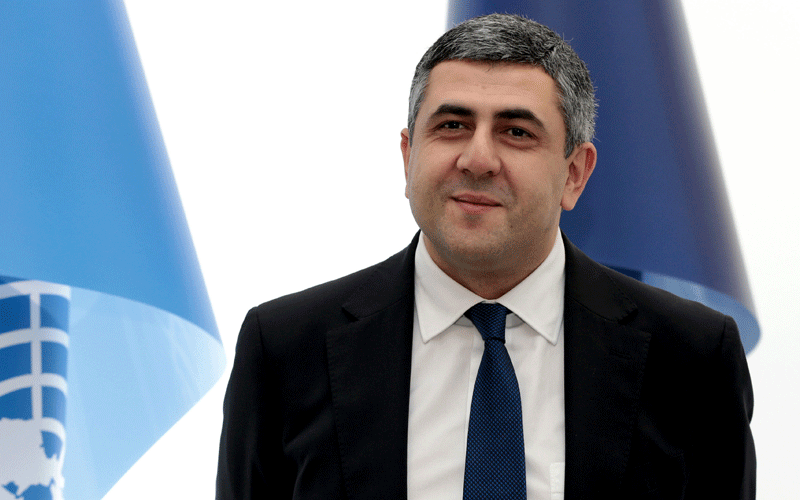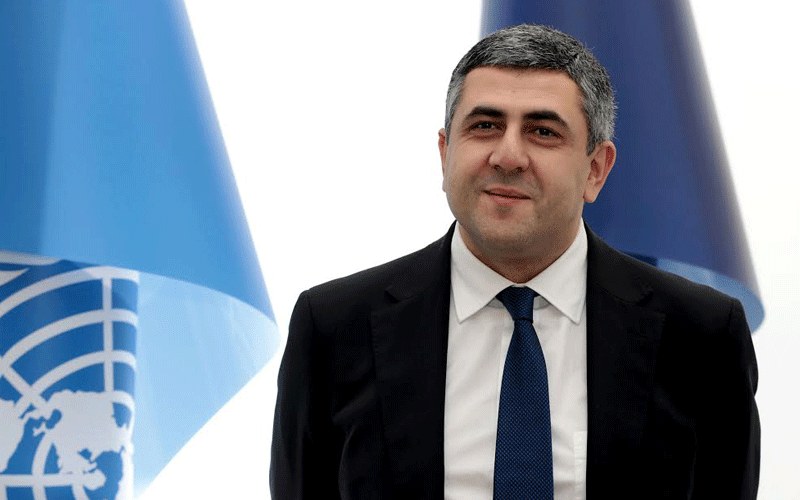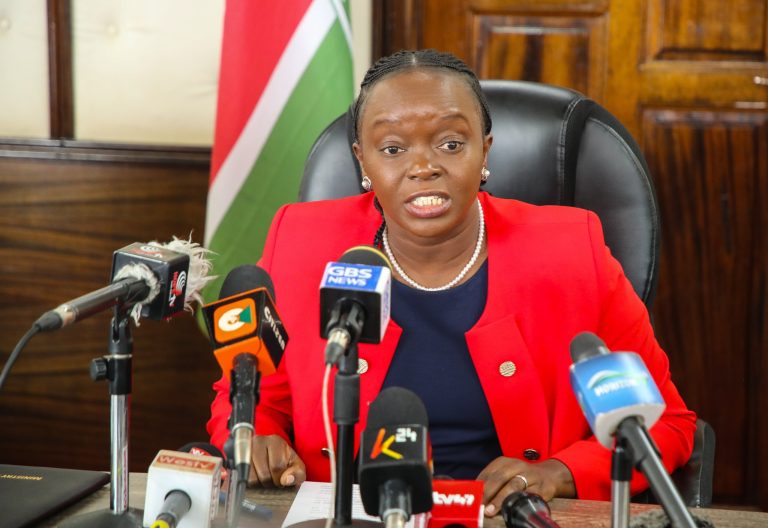World tourism body mulls post Covid-19 recovery plans

Kenya is among member states of the World Tourism Organisation (UNWTO) facilitated with a master plan to help implement tourism sector recovery.
With travel among the hardest-hit of all sectors, UNWTO has identified three possible scenarios for the months ahead.
UNWTO Secretary-General, Zurab Pololikashvili, who unveiled the plan in a virtual set up, said the strategy is meant to translate tourism into jobs and economic growth.
“Depending on when restrictions on travel are lifted, international tourist arrivals could decline by 60 to 80 per cent in 2020,” he said.
This could translate into a decline in export revenues from tourism of between US$910 billion (Sh97.4 trillion) to $1.2 trillion (Sh128 trillion ) and place 100-120 million jobs at risk.
“We must support the tourism sector now with real actions while we prepare for it to come back and be stronger and more sustainable,” he said.
“This package of support will help governments and business implement our Recommendations for Recovery Call for action,” he added.
The package identified three potential areas of intervention to accelerate the recovery of tourism: economic, promotional and institutional.
The social ripple effect is also feared to be at least equally challenging for many societies the world over.
Against this backdrop, the Covid-19 Tourism Recovery Technical Assistance Package is designed to support governments, the private sector and donor agencies face this unprecedented socio-economic emergency.
The latest data from the UN agency for tourism says 100 per cent of destinations now have restrictions in place.
Of these, 83 per cent have had Covid-19-related restrictions for four or more weeks and as of 20 April, no destination had lifted them.
“Tourism has shown its commitment to putting people first. Our sector can also lead the way in driving recovery.
This research on global travel restrictions will help support the timely and responsible implementation of exit strategies, allowing destinations to ease or lift travel restrictions when it is safe to do so,” Zurab said.
The pandemic has caused a 22 per cent fall in international tourist arrivals during the first quarter of 2020, the latest data from UNWTO shows.
Arrivals in March dropped sharply by 57 per cent following the start of a lockdown in many countries.
Domestic demand is expected to recover faster than international travel, according to the UNWTO Panel of Experts survey. Most expect to see signs of recovery by the final quarter of 2020 but mostly in 2021.
Based on previous crises, leisure travel is expected to recover quicker, particularly for visiting friends and family, than business travel.
Sentiments for recovery of international travel are more positive in Africa and the Middle East, where experts foresee recovery in 2020.
Experts in the Americas are the least optimistic and least likely to believe in recovery in 2020, while in Europe and Asia the outlook is mixed.









